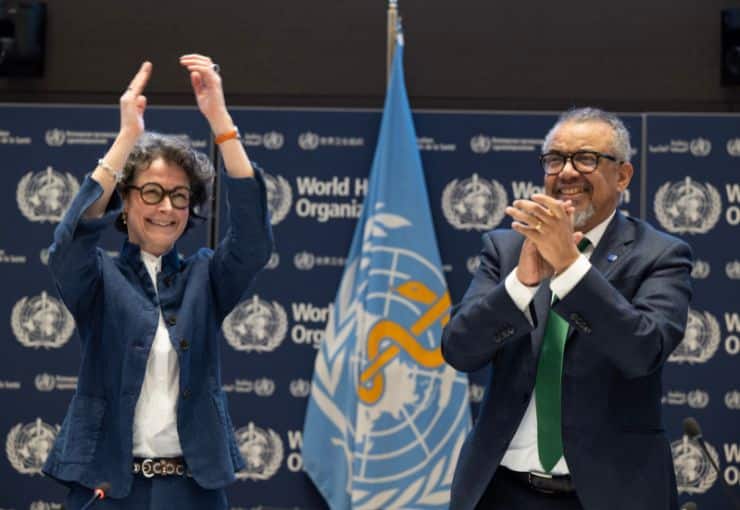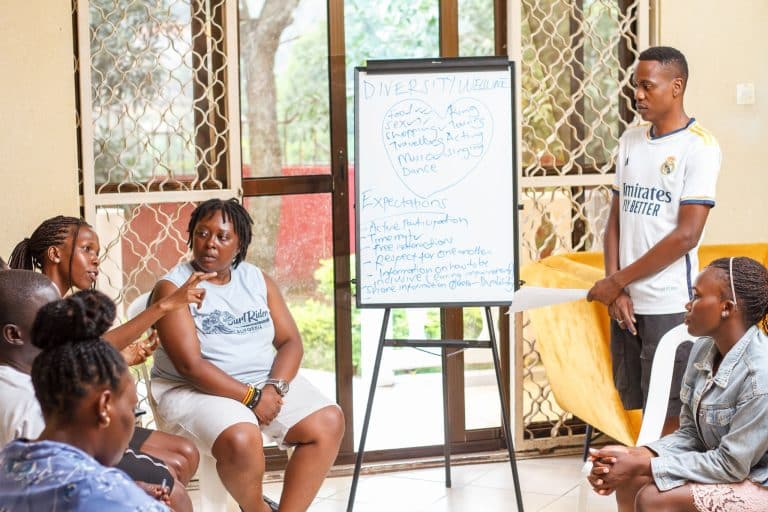What are some challenges and trends for the next decade in accelerating progress towards achieving Universal Health Coverage (UHC)? How can we move from commitment to action? These (and related) questions will be discussed from Jan 28-Feb 2 at the Prince Mahidol Award Conference (PMAC) in Bangkok, an annual international conference focusing on policy-related health issues. The theme of the conference is ‘Accelerating Progress Towards Universal Health Coverage’. Wemos’ director Mariëlle Bemelmans is invited to participate as a panelist in a session on ‘Making and Using (Fiscal) Space for UHC’.
During the session, moderator Ajay Tandon (World Bank) and a panel (including Wemos’ director Mariëlle) will discuss today’s emerging themes regarding fiscal space for health based on country experiences, including: (a) reprioritization of health in government budgets; (b) the role of earmarked income and consumption taxes in generating additional resources for the health sector; and (c) the importance of public financial management reforms in facilitating the realization of fiscal space across all dimensions.
Wemos’ work on fiscal space for health includes country studies on funding for health workers (in Malawi, Uganda), a factsheet and a webinar. Our key message is that international actors can and must do more to support the expansion of fiscal space for UHC in low- and middle-income countries. They can do so by:
- Living up to international commitments on Official Development Assistance, by increasing both its quantity and quality
- Speeding up action to stop illicit financial flows and moving towards global tax justice
- Prompting international financing institutions to adopt more accommodative macroeconomic frameworks and policy advice
- Promoting debt-workout mechanisms to support highly indebted countries in managing their sovereign debts.




